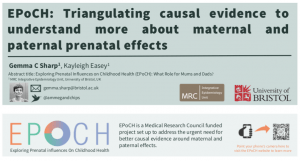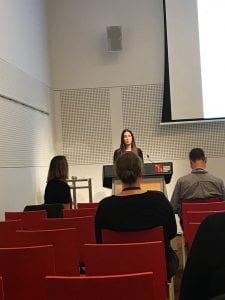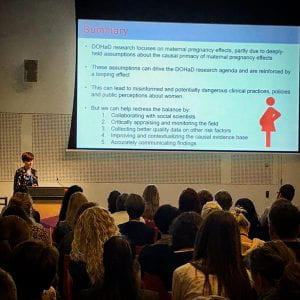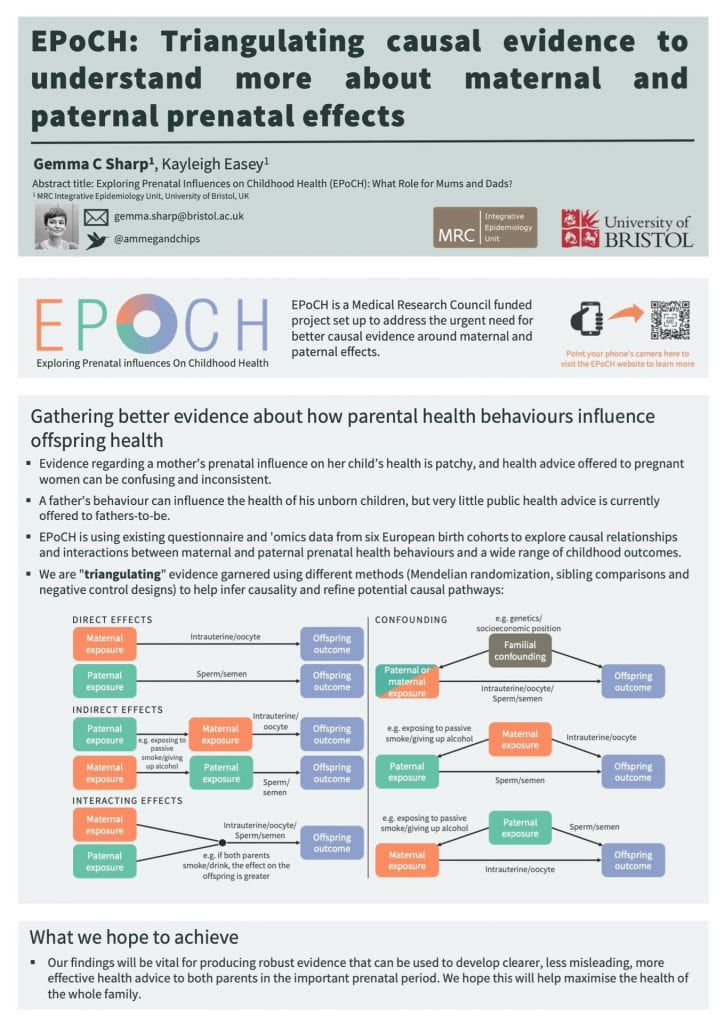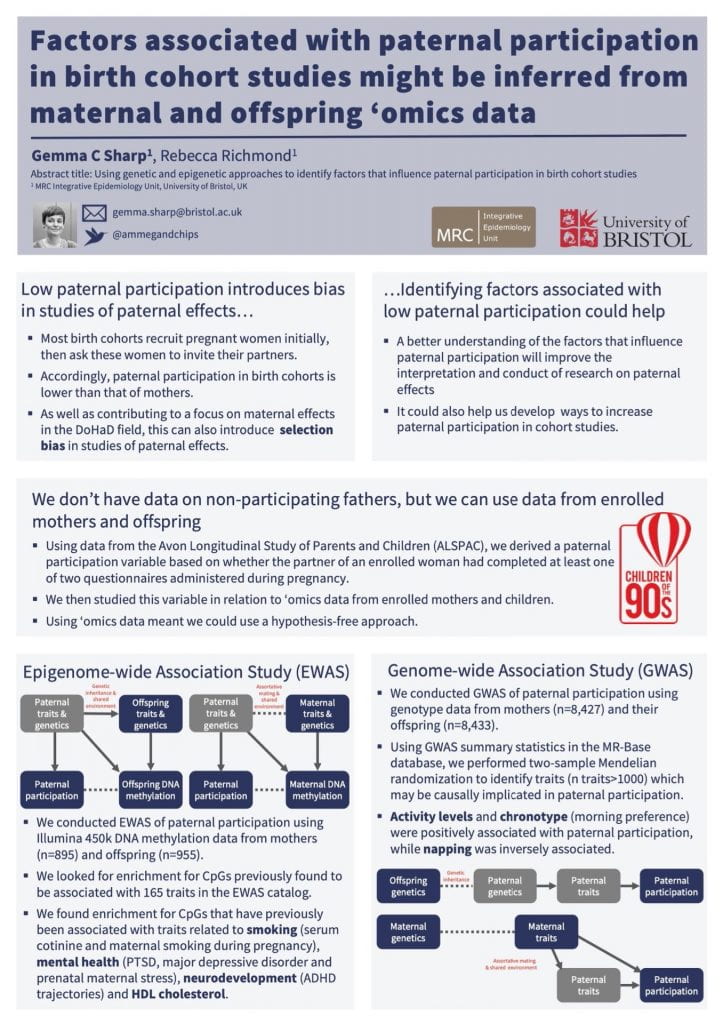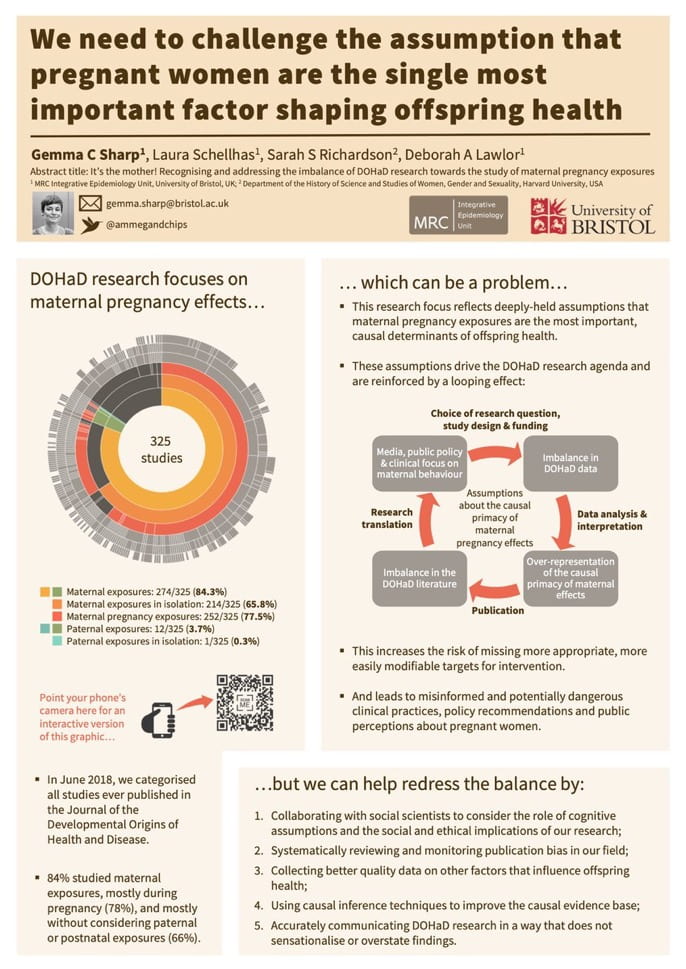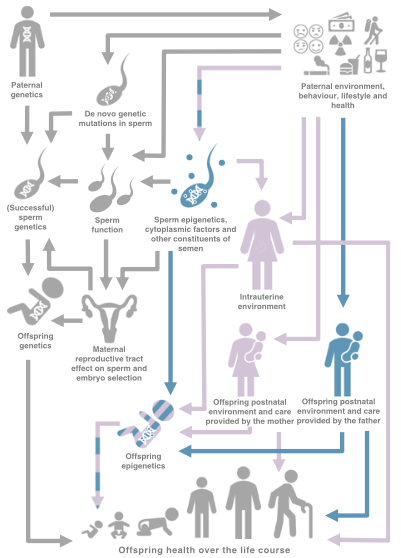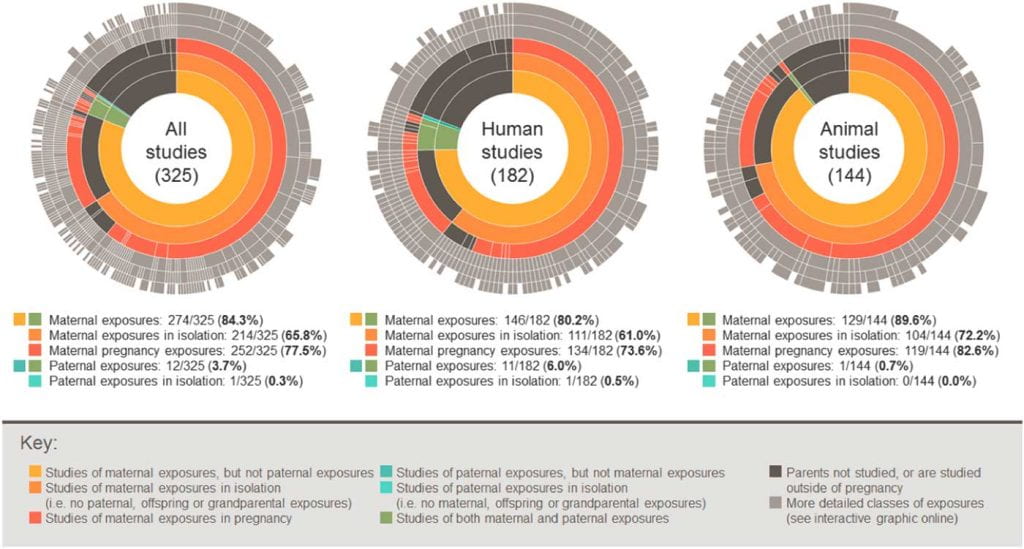Conference season is here, and this time EPoCH attended their first in person meeting in 2 years (due to Covid-19 restrictions). I attended a wonderful symposium arranged by the Centre for Fertility and Health (CeFH) in Oslo, Norway, and was also invited to visit CeFH afterwards to give a presentation about all of EPoCH’s work so far.

The symposium focused on the underlying causes and consequences of changing fertility and family patterns using national data. Day 1 started with quick-fire presentations from current PhD students and postdocs for ongoing and planned research. It was great to hear the range of work happening and was obviously exciting for us to hear that research being undertaken also included paternal data! Presentations were given on the influence of unemployment from paternal plant closures on children’s health care usage, as well as how grandfathers involvement in a child’s upbringing could impact offspring health. The seminar’s final day discussed amongst other things current research being undertaken for intergenerational effects as well as future plans to research Covid-19 and pregnancy within the CeFH.
This trip was exciting for many reasons. Not only as it was the first physical trip out of Bristol for EPoCH in a long time, it also gave me the opportunity to meet with collaborators from the Norwegian Mother, Father and Child Cohort Study (MoBA) whom we’ve been working with virtually since the start of the project. Not to mention the beautiful landscape of Oslo, which the CeFH chose to showcase with an organised dinner venue of Ekebergrestauranten overlooking the harbour.

EPoCH had lots of travel plans at different research institutions for this project which unfortunately we have so far been unable to conduct. But with travel restrictions lessening we should hopefully have some more trips lined up to tell you about!

